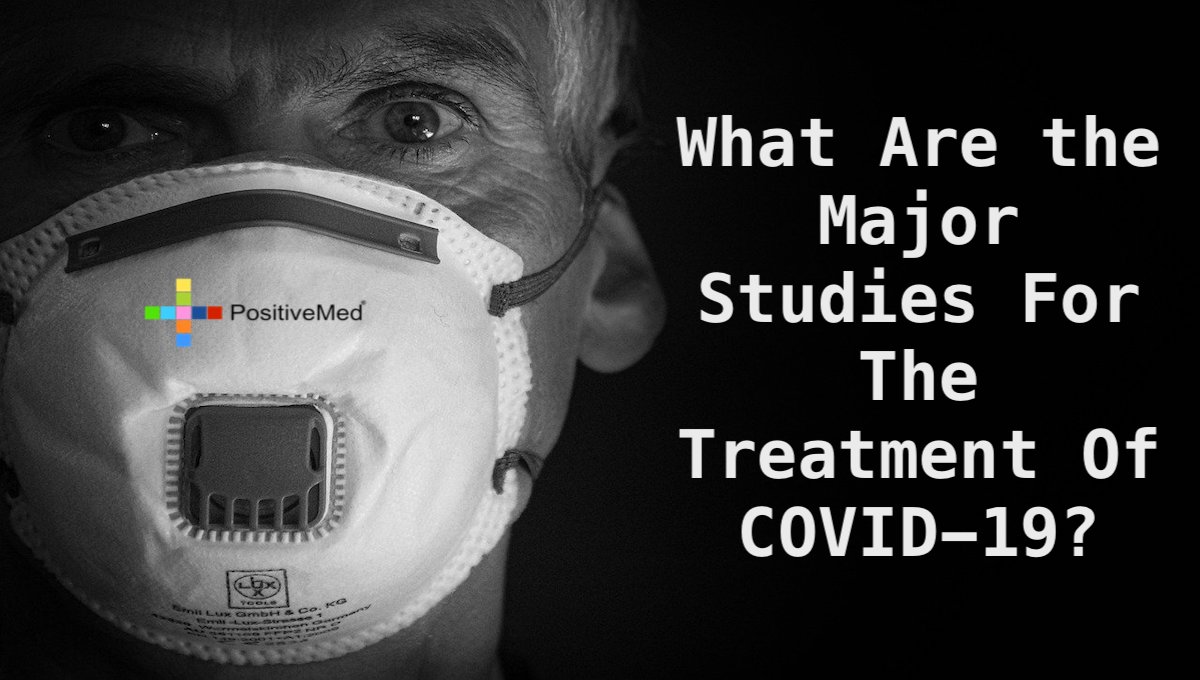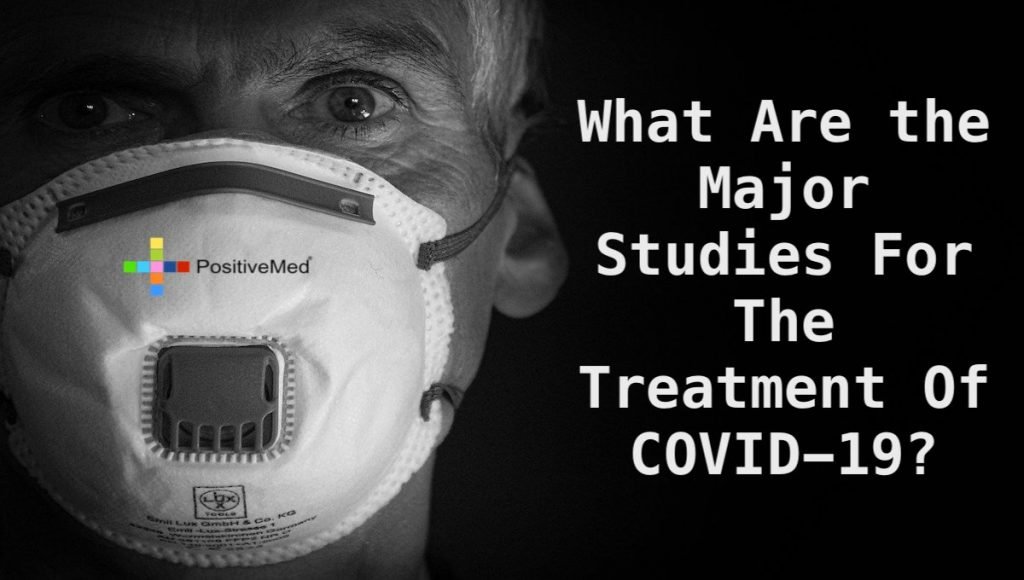We’ve been concerned about the democratic aspect treatment of the COVID-19 since the very beginning of the vaccine-research. It’s crucial that when the cure is invented, everyone has equal rights for getting it. But what are the options for the treatment of coronavirus at this moment? Are there any serious candidates to “infect us” with a bit of hope in these hard times?

A few words on “Solidarity”
“Solidarity” is an international clinical trial to help find an effective treatment for COVID-19. It was launched by the World Health Organization and partners. It will compare four treatment options against the standard of care, to assess their relative effectiveness against COVID-19. By enrolling patients in multiple countries, the trial aims to rapidly discover whether any of the drugs slow disease progression or improve survival. Until there is sufficient evidence, WHO cautions against physicians and medical associations recommending or administering these unproven treatments to patients with COVID-19 or people self-medicating with them. WHO is also concerned about self-medicating with chloroquine which may cause serious harm!
The pressure COVID-19 puts on health systems results in fastening the speed of the research. Randomized clinical trials normally take years to design and conduct. The “Solidarity” trial will reduce this time by 80%. Enrolling patients in one single randomized trial will help facilitate the rapid worldwide comparison of unproven treatments. It will also overcome the risk of multiple small trials that don’t generate the strong evidence needed to determine the effectiveness of potential treatments.
The “Solidarity” trial provides simplified procedures to enable even overloaded hospitals to participate, with no paperwork required. As of April 8, 2020, over 90 countries are working together to find effective therapeutics as soon as possible, via the trial. The greater the number of participating countries, the faster results will be generated.
BenevolentAI on the offensive
Another current, significant study is based on BenevolentAI research. It’s a startup that raised $292 million to apply AI to create drugs faster. As of 14th April, they claim to have uncovered an already approved drug as a potential treatment for COVID-19, after it applied its AI platform and team to the problem. The BenevolentAI activity kicked-off in February with a team of specialists. Joanna Shields, BenevolentAI CEO, explains: “In response to the COVID-19 global health emergency, we turned our AI drug discovery and development platform toward understanding the body’s response to this novel infectious disease.
[…] rather than focusing solely on drugs that could affect the virus directly, we explored ways to inhibit the cellular processes that the virus uses to infect human cells”. The idea was to inhibit the “cytokine storm” and reduce the inflammatory damage associated with this disease since diseases such as COVID-19 and influenza can be fatal due to an overreaction of the body’s immune system called a cytokine storm. Cytokines are small proteins released by many different cells in the body, including those of the immune system, where they coordinate the body’s response against infection and trigger inflammation.
Next ground for cautious optimism
A biotech company Gilead Sciences’ experimental drug Remdesivir was already applied to a few patients. What were the results? Gilead Sciences published an analysis in the New England Journal of Medicine on Friday 10th April tracking the responses of 53 patients with severe cases of COVID-19 given out on a compassionate-use basis — patients were given the unapproved drug because no other options were available. Doctors observed clinical improvement in 36 of the 53 patients; eight got worse, and seven died. Doctors were able to take 17 of the 30 patients who were on ventilators, life-support devices that help people breathe, off the machines. The authors of the study note that the death rate of the patients they observed — 13 percent — is lower than the death rate of 17 to 78 percent in China among people who are severely ill with COVID-19.
Side effects included diarrhea, rash, renal impairment, and hypotension. Unfortunately, there was no randomized control group, which would have allowed the authors to compare how patients given a placebo performed relative to those given Remdesivir. “We cannot draw definitive conclusions from these data, but the observations from this group of hospitalized patients who received Remdesivir are hopeful” – said Jonathan Grein, lead author of the analysis and director of hospital epidemiology at Cedars-Sinai Medical Center in Los Angeles – “We look forward to the results of controlled clinical trials to potentially validate these findings”. Many further studies and answers are needed.
Views for the future
These above-mentioned new coronavirus treatments are offering new insights into experimental drugs to treat COVID-19. These revelations could offer a glimmer of hope to a world locked down by the pandemic.






